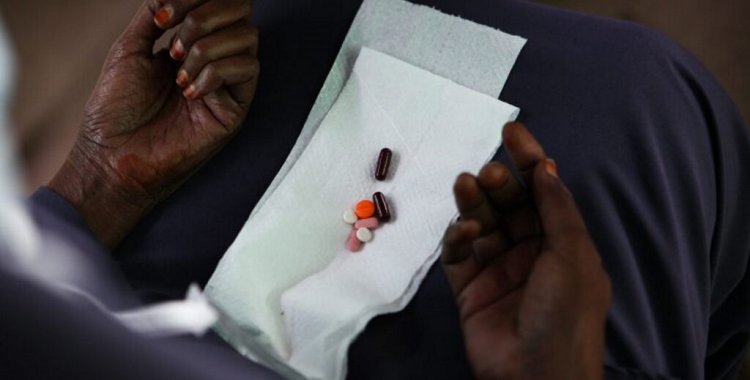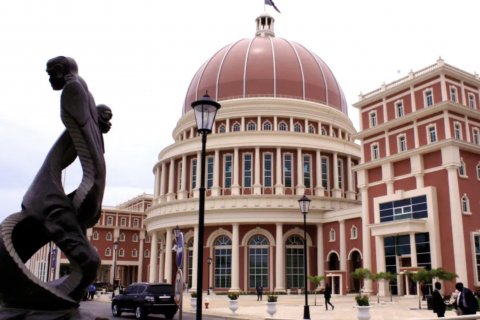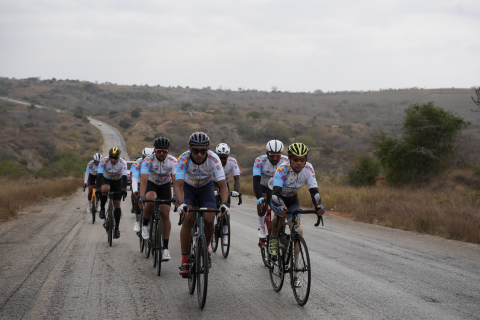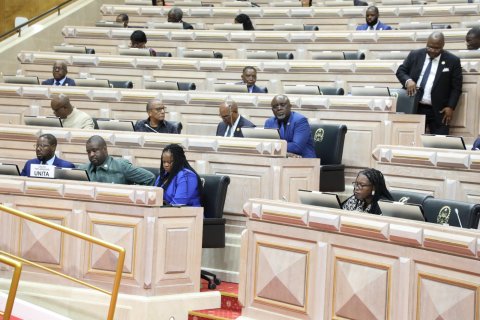According to the president of Anaso, António Coelho, who was reacting to the announcement of the revision of the Law on HIV/Aids in Angola, the main changes to the law "are related to strengthening the protection of people living with HIV".
The "strengthening of the protection of the key population, the vulnerable population, in particular children, adolescents and women, the establishment of the mandatory existence of HIV programs in all key sectors of political, economic and social intervention in the country", defended the responsible.
For the association leader, the revision of the aforementioned law should also look at "strengthening measures aimed at combating stigma and discrimination and reinforcing fundamental rights such as sexual and reproductive education, social assistance and other related aspects".
"We are still looking at the regulation of services such as testing / treating, establishing the right of participation of civil society organizations as well as strengthening confidentiality and other aspects related to people's HIV status," he pointed out.
On Monday, the Government announced the revision of the Law on HIV/AIDS, aiming to "adapt it to the current context" and "respond to current complaints about discrimination", especially in the workplace, with domestic workers among the main victims.
"This law has to be updated, revised according to the context, it has to be adequate to the current context and we would like that by the end of the year we will be able to get it passed in parliament," stated the minister of Social Action, Family and Promotion of Woman, Faustina Alves.
According to the official, the current law on HIV/AIDS was approved in a "different context" and therefore "must be conformed to the current context in order to respond to some cases of discrimination that persist" in society.
Faustina Alves, who was speaking at the end of a working meeting with the representative of the United Nations Fund for Population (UNFPA) in Angola, said that the revision of the law should also respond to the clamor of domestic workers.
A group of domestic workers with HIV/AIDS, under the supervision of the Ministry of Social Action, Family and Promotion of Women (Masfamu), "complains of discrimination at work".
"And this is a law that is still not very well in place, especially for maids, because when many employers realize that the maid is HIV positive, they fire her even though they know that she often undergoes treatment," she said.
Today, the president of Anaso admitted that the revised law should "be adjusted to the new reality, which responds to scientific advances made and also to better legal protection for people affected by the disease".
"Therefore, in principle, tools will certainly be introduced that aim to update the current law and, above all, adapt it to reality in accordance with the interests of the country and the beneficiaries," he said.
Anaso "associates itself with all those who are interested in reviewing and updating the current law and believes that it will contribute so that key issues such as the issue of criminalization and the issue of breach of confidentiality can be improved", he defended.
And, he added: "Articulated (the legal principles) in the interests of the beneficiaries and, above all, in the protection of people who are affected by the different pathologies that somehow see themselves affected by stigma and discrimination."
According to statistics from this non-governmental organization, Angola has about 350,000 people living with HIV/Aids, of which 93,000 are taking antiretroviral therapy and, of these, about 30 percent are on second-line treatment.







